The Rise of AI-Generated Imagery: Transforming Digital Marketing in 2025

In 2025, the digital marketing landscape is witnessing a significant shift with the advent of AI-generated imagery. Advancements in AI models, such as OpenAI’s GPT-4o and Google’s Imagen 4, have empowered marketers to create highly realistic and engaging visuals from simple text prompts. This technological evolution is not only enhancing creative processes but also introducing new trends and considerations in the marketing domain.

Emerging Trends in AI-Generated Imagery:
1. Hyper-Realistic Visuals
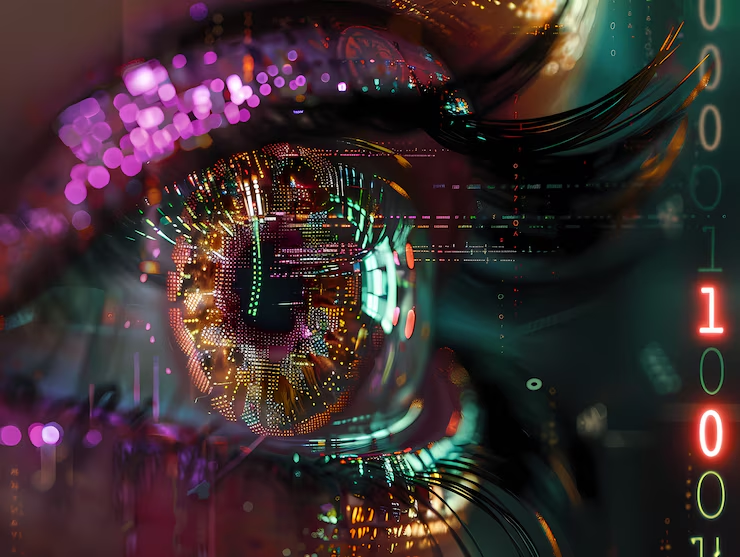
AI tools now produce images with remarkable detail and realism, making them virtually indistinguishable from actual photographs. This capability is particularly beneficial for e-commerce and advertising, where high-quality visuals are paramount.
2. Lo-Fi and Nostalgic Aesthetics

There’s a growing trend of using AI to create images with vintage or lo-fi aesthetics, characterized by grainy textures and muted tones. These visuals evoke nostalgia and are effective in connecting with audiences on an emotional level.
3. 3D and Immersive Designs
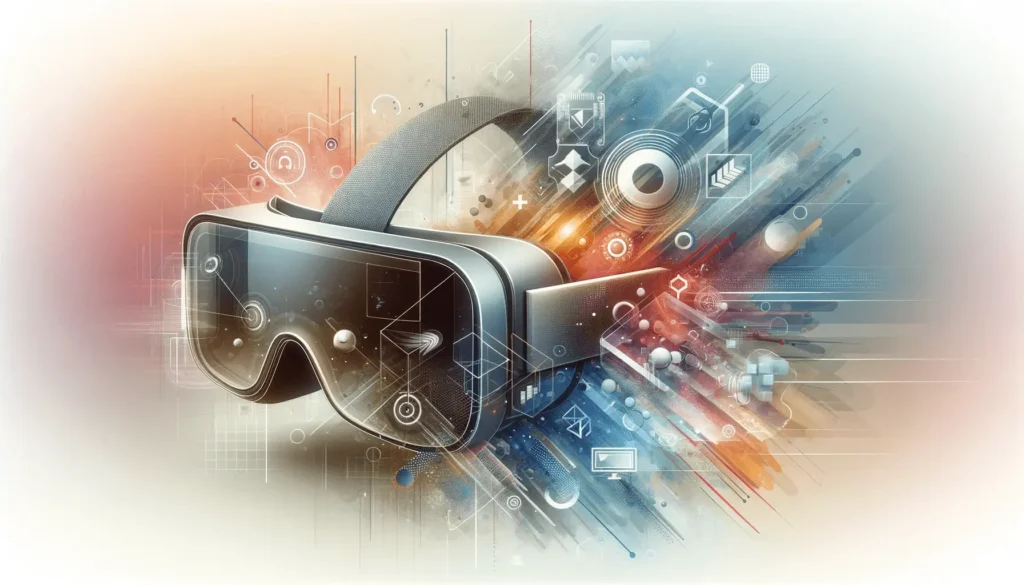
The integration of AI with 3D modeling is enabling the creation of immersive visuals for virtual reality (VR) and augmented reality (AR) applications. Brands are leveraging this to offer interactive and engaging experiences to consumers.
4. Multimodal Content Creation
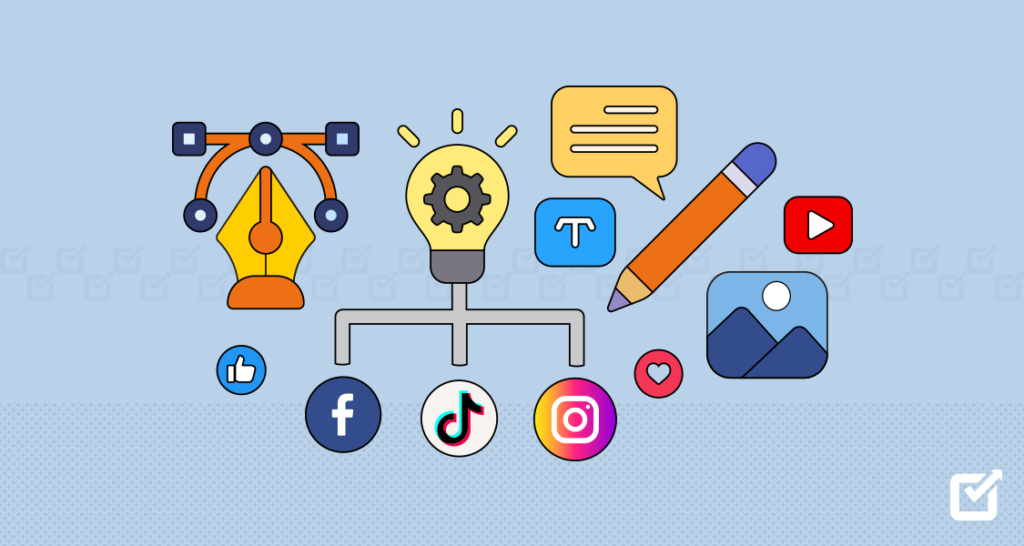
AI models are increasingly capable of processing and generating content across multiple modalities, including text, images, and audio. This multimodal approach allows for the creation of cohesive and dynamic marketing materials.
Ethical and Legal Considerations:
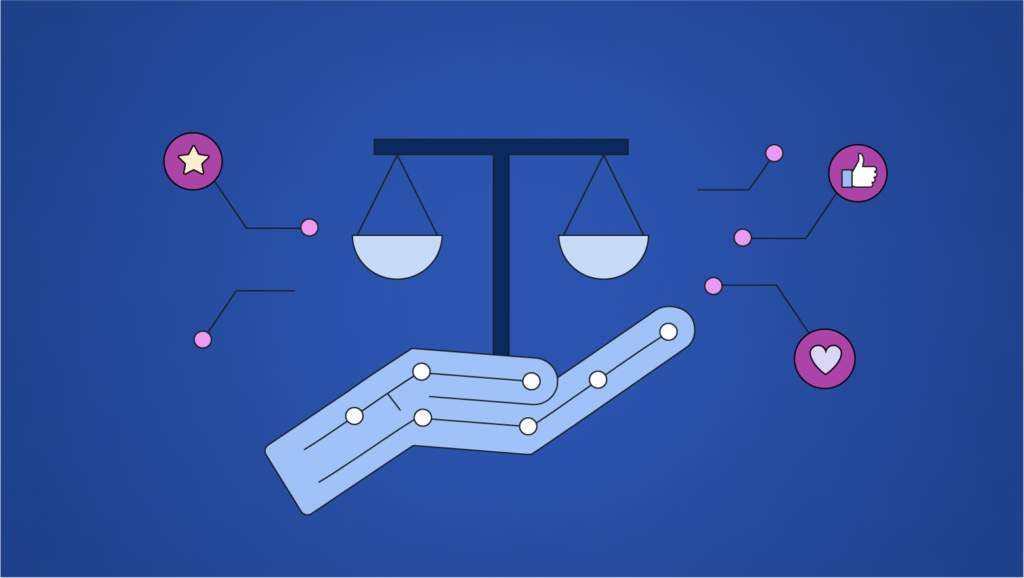
1. Copyright and Intellectual Property
The use of AI to generate images in the style of existing artists or brands has raised concerns about copyright infringement. Legislations like the Generative AI Copyright Disclosure Act in the U.S. aim to address these issues by requiring transparency in the use of copyrighted materials for AI training.
2. Environmental Impact
The computational demands of AI models contribute to significant energy consumption and carbon emissions. Efforts are underway to develop more energy-efficient AI systems and promote sustainable practices in AI development.
Strategic Implications for Marketers:
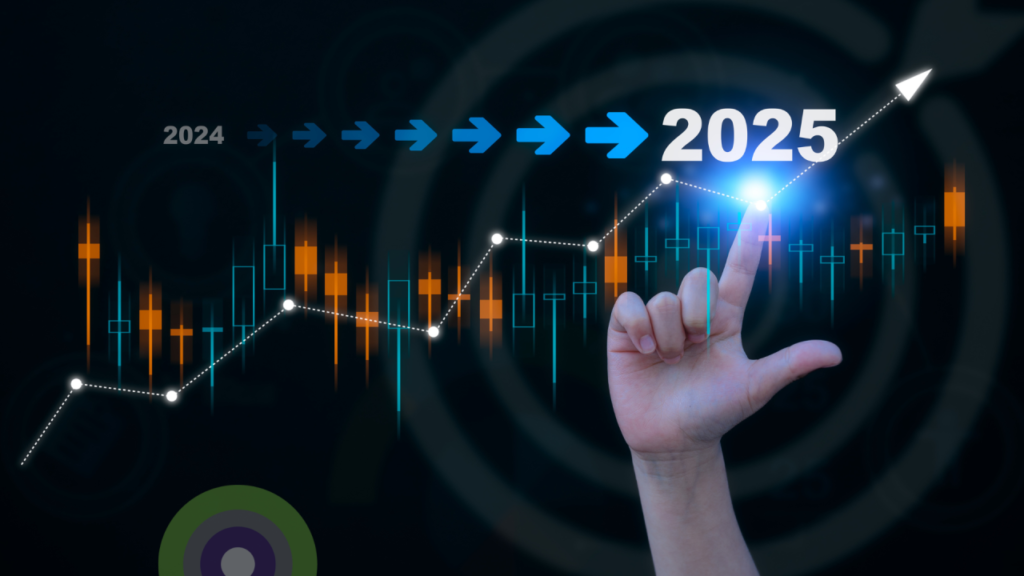
1. Personalized Marketing
AI enables the creation of highly personalized visuals tailored to individual consumer preferences, enhancing engagement and conversion rates. For instance, companies like Coca-Cola are utilizing AI to generate dynamic advertising content that adapts in real-time to consumer reactions.
2. Virtual Influencers
The rise of AI-generated virtual influencers offers brands new avenues for promotion, allowing for consistent and scalable engagement with target audiences. Fashion brands like Balmain and Prada have already embraced this trend, leveraging virtual personas to connect with younger, tech-savvy consumers.
Conclusion:
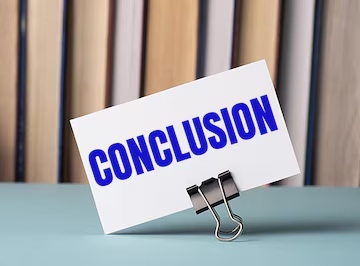
The integration of AI-generated imagery into digital marketing strategies is revolutionizing the way brands create and disseminate content. While this presents exciting opportunities for innovation and engagement, it also necessitates careful consideration of ethical, legal, and environmental factors. Marketers must navigate these complexities thoughtfully to harness the full potential of AI in a responsible and sustainable manner.
Ready to Grow with Us?
Got a project or idea? Scale your business with Webdzo Technologies! From cutting-edge website development to digital solutions tailored for success, we help turn your vision into reality.
📞 Call: +91 99522 89956
🌐 Visit: www.webdzo.com
Let’s build something amazing together! 🚀

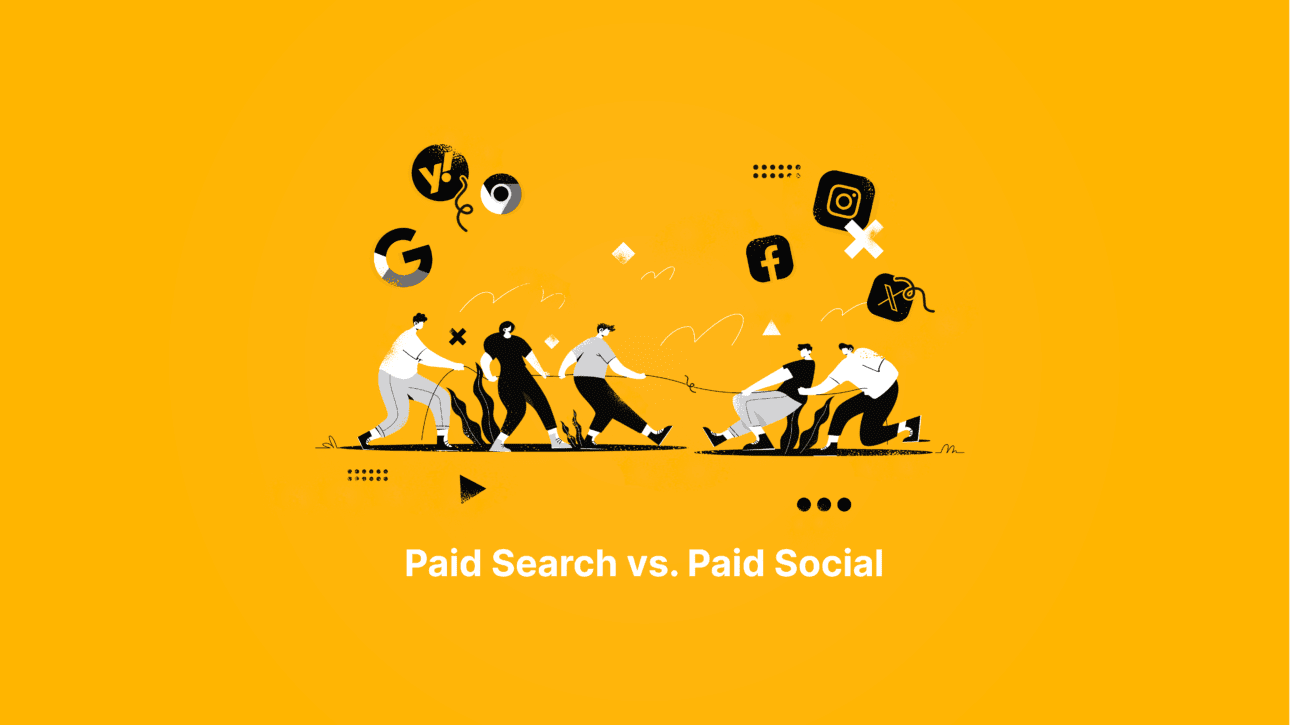

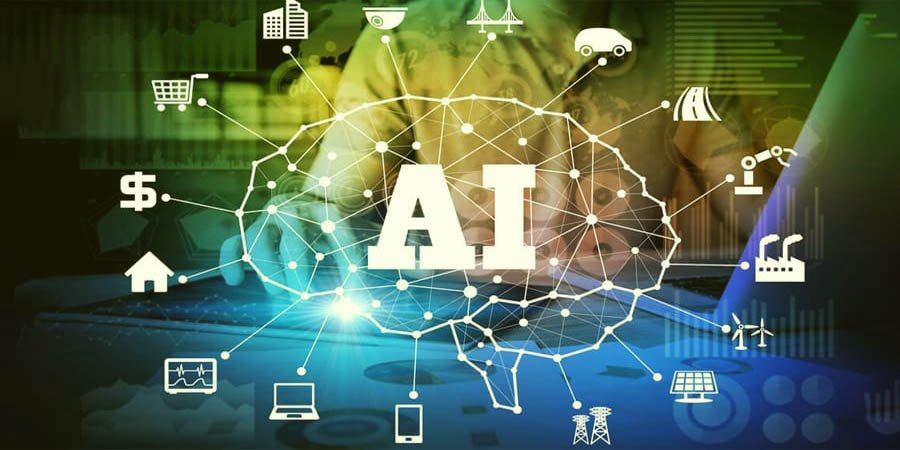
Leave a Reply